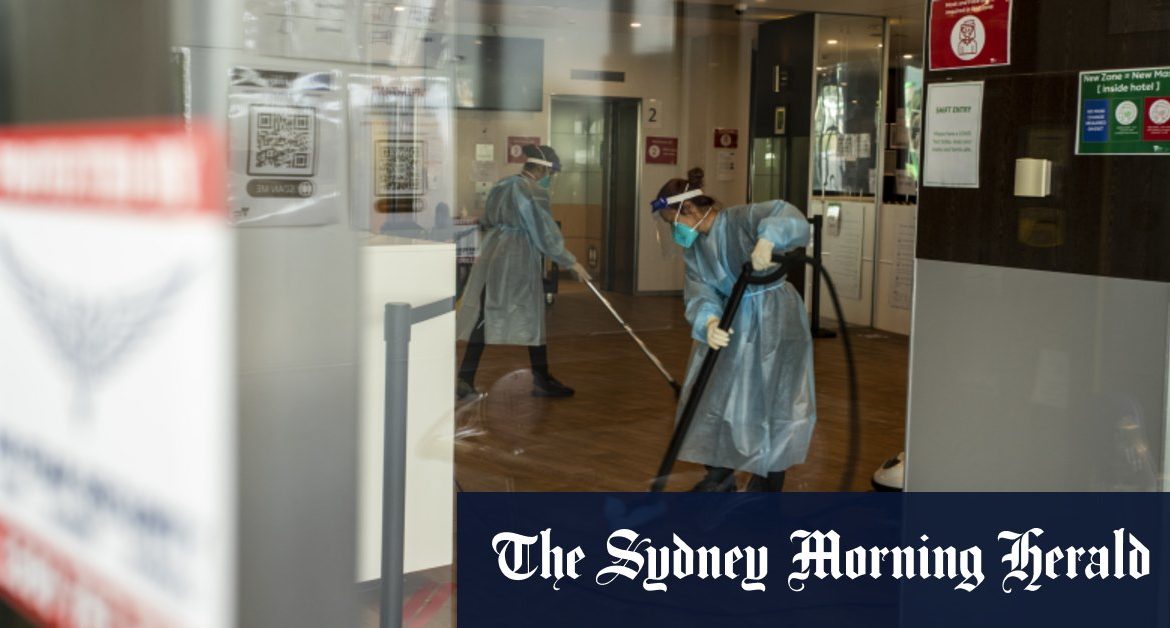These proposals have the advantage of being next to airports, minimising travel time to accommodation and the exposure risk along the way, and are fairly close to large tertiary hospitals for arrivals who need medical care. Such facilities would also accommodate workers on site, reducing the risk of staff taking the virus home to their communities. Guests would have more fresh air, which helps limit the spread of COVID-19 and improves the mental health of those in quarantine. And the construction and operation of these facilities would create jobs, providing an economic boost to the regions that host them.
But moving quarantine into the regions carries significant risk and logistical challenges. The quarantine system requires a large workforce and it would be a challenge to transport so many workers to regional facilities and accommodate them.
The NSW quarantine system also looks after up to 5500 people at a time, including up to 600 in special health accommodation. These people may have COVID-19 or be showing symptoms, but others have come home with chronic conditions like lung disease or diabetes and require medical help. Some have to be transferred to hospital for more intensive treatment. About 5000 Australians wanting to come home have been deemed vulnerable by DFAT and this includes those with financial difficulties or medical conditions.
We can hardly expect regional hospitals to shoulder this national health burden. Many are already inadequate and overstretched, a situation made all too clear this month during the NSW parliamentary inquiry into regional and rural hospitals. Any regional quarantine facility would have to be within easy reach of a city for adequate medical care.
Regional Australia must also have a voice in this national conversation. Mayors feel as though they have been left out, which is both unfair and unwise, given they know best if their regions have the capacity and willingness to host a quarantine facility.
With 41,000 Australians still trying to get home, we need to be open to ways to expand and improve our quarantine system. The Victorian and Queensland governments are right to look towards regional Australia. Some part of NSW may also prove suitable for a regional facility. But such facilities have their limitations, including their smaller size and fewer local services, meaning they can never replace the hotel quarantine system in our cities, they can only supplement it. So our hotels must be made as leakproof as possible.
Loading
The federal government has a larger role to play here. Setting and overseeing national standards for hotel quarantine would ensure best practice nationwide and reduce errors. And establishing Commonwealth-run facilities in suitable parts of regional Australia would help ease the burden on state governments, and get more Australians home. After all, COVID-19 has no regard for state borders: this is a national problem, not a state one.







